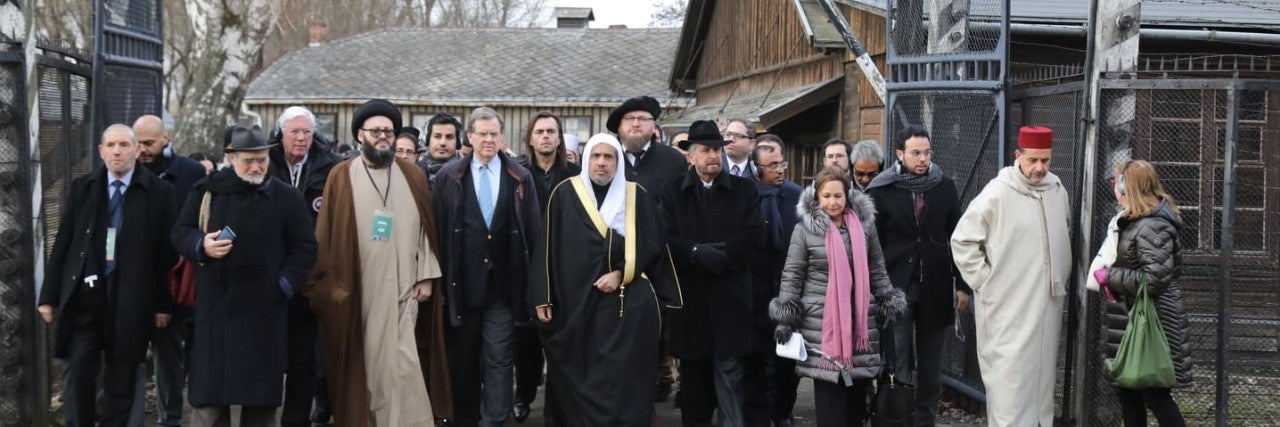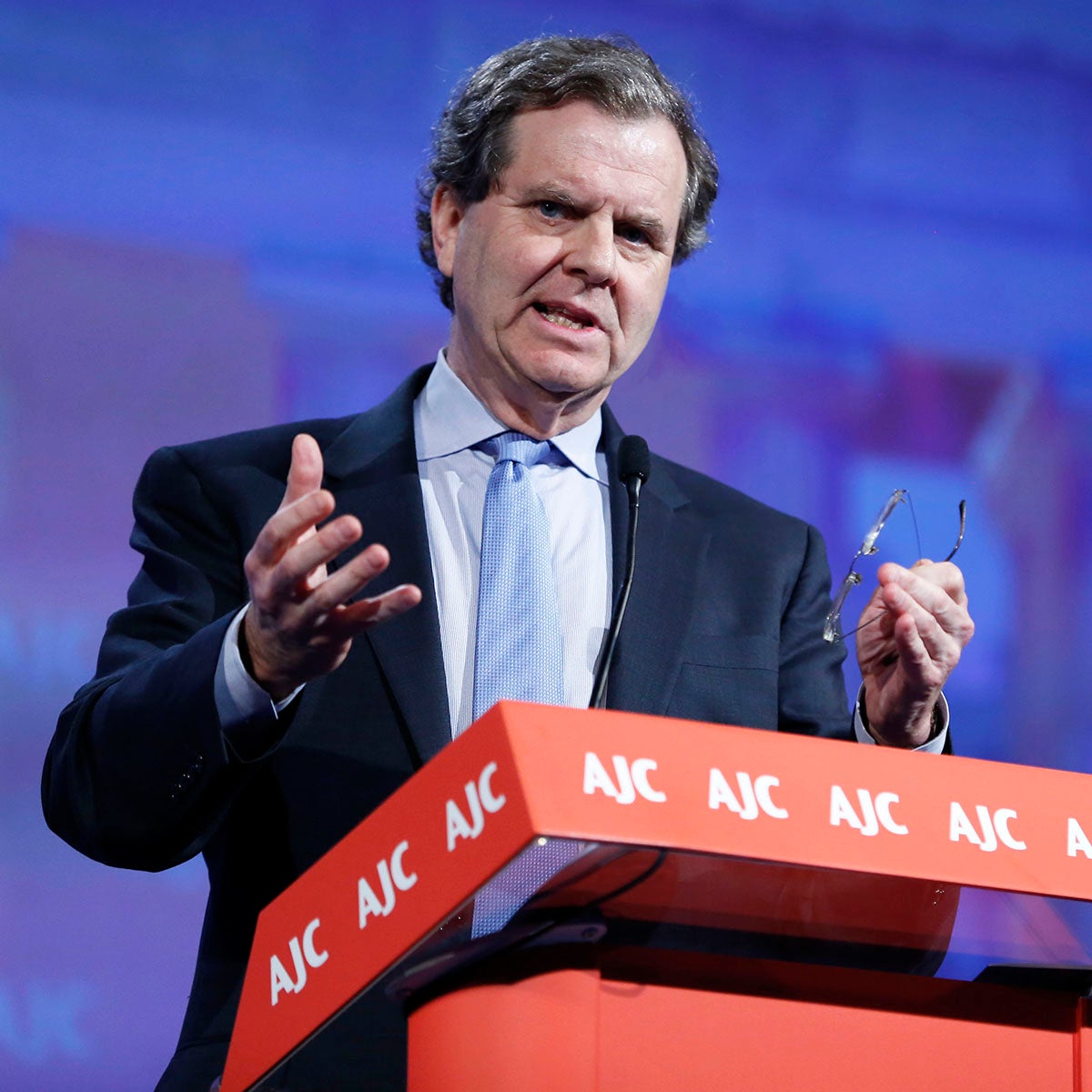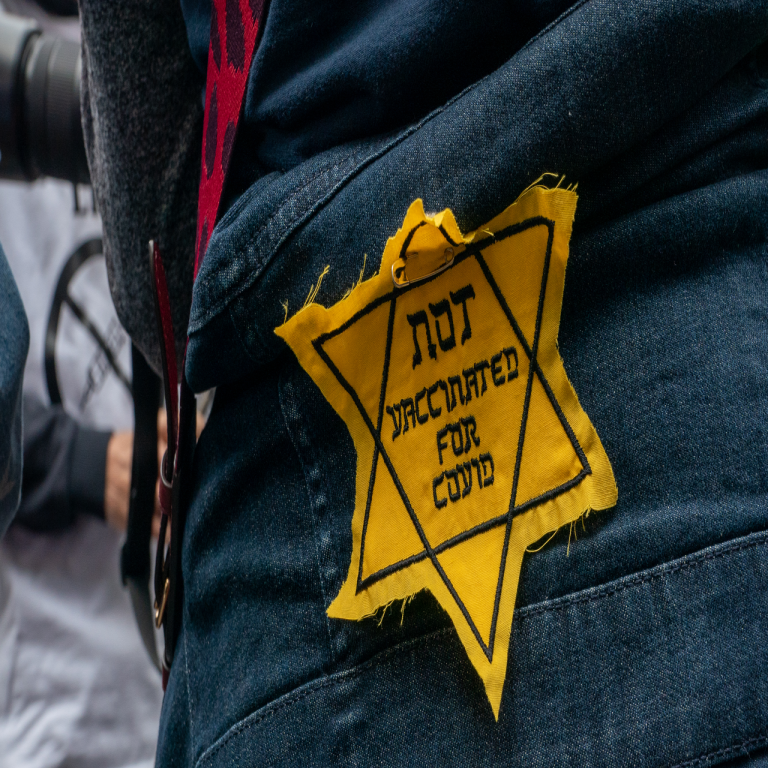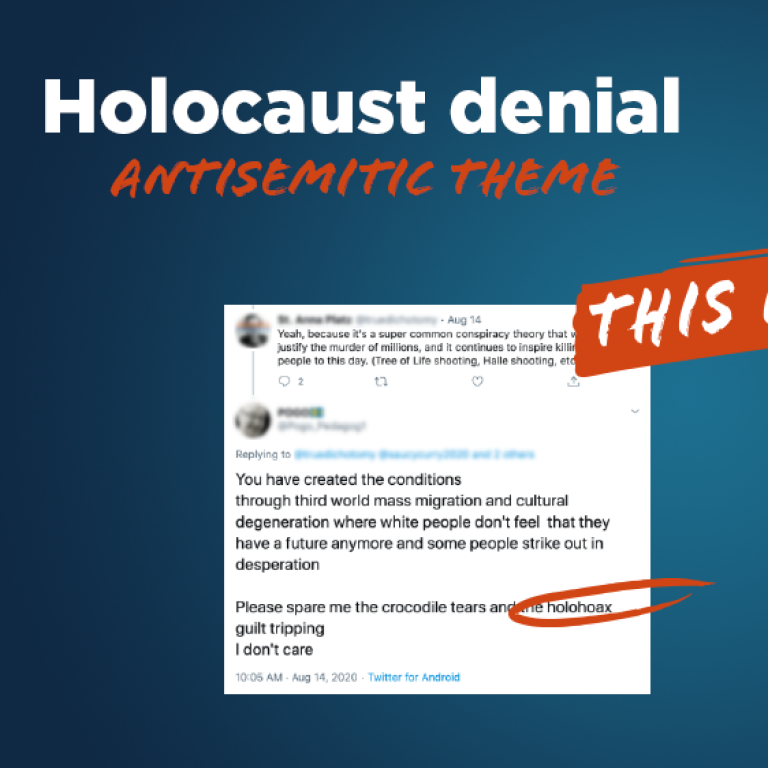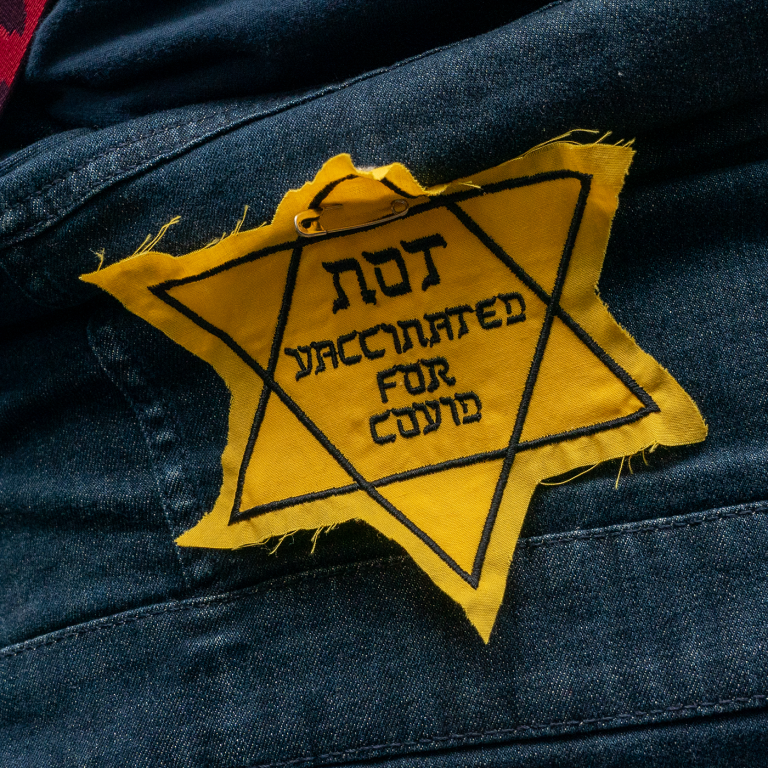January 27, 2022 — New York
This piece originally appeared in FOX News.
January 27 has been designated by the United Nations as International Holocaust Remembrance Day. The date was chosen because, on January 27, 1945, the infamous Nazi German slave labor and death camp, Auschwitz-Birkenau, was liberated by the Soviet army.
The camp, actually it was a complex of camps and work sites, was the destination for more than 1.3 million people arrested, deported, and enslaved by Hitler’s regime. Beyond imagination, an estimated 1.1 million were murdered there, of whom one million were Jews from across Europe and one hundred thousand were primarily Soviet prisoners of war, Polish Catholics, and Roma.
Auschwitz-Birkenau was not the only killing site. Other camps included Belzec, Buchenwald, Dachau, Mauthausen, Sobibor, and Treblinka. In all, an estimated six million Jews, or two-thirds of European Jewry, were exterminated by Nazi Germany and its collaborators, whether in camps, forced marches, round-ups, or other killing sites, such as Babi Yar, a ravine in the outskirts of Kyiv, Ukraine.
The Holocaust defies imagination. Its aim was the Endlösung, or Final Solution, of the Jewish people. In pursuit of this goal, a new alphabet of genocide was created — from A for Auschwitz to Z for Zyklon-b, the nerve gas used in the gas chambers.
Every Jew was a target, including 1.5 million children. The Jews were pursued for one reason— they were Jews and, according to Adolf Hitler’s demented worldview, all Jews had to be eliminated.
Seventy-seven years after the war’s end, why should these events still matter?
First, to forget the past is to dishonor the memory of the victims. Those victims don’t even have the dignity of graves. They only have us, and without us who will remember not only their tragic fate, but also the vibrancy of their lives.
Second, the Holocaust did not emerge from thin air. Rather, it came after centuries of antisemitism — from blood libels to expulsions, from ghettos to inquisitions, from pogroms to forced conversions — on European soil. The longevity, resilience, and lethality of what has been described as the world’s oldest social pathology, antisemitism, should never be underestimated.
Third, prior to Hitler’s seizure of power in 1933, Germany had experienced 14 years of democracy in a country widely viewed as among the most educated, cultured, and developed. But democracy proved fragile, culture did not stop savagery and education proved no deterrent to brutality. Those sobering lessons mustn’t be forgotten.
And fourth, appeasement of Nazi Germany, tried by Britain and France in the 1930s, proved a failure. Not only did it not stop the German juggernaut, but instead encouraged it to become even more predatory towards Jews and, more generally, other European nations. As the legendary Winston Churchill said, "An appeaser is someone who feeds the crocodile, believing they will be eaten last."
In addition to remembrance, what are the other enduring imperatives from this era?
*It is important but insufficient to mourn murdered Jews. Tragically, they cannot be brought back to life. But Jews today, whether in the United States or abroad, face increased Jew-hatred.
According to FBI statistics, nearly 60 percent of all religiously motivated hate crimes are directed at Jews, two percent of the U.S. population. One cannot pay tribute to the memory of Holocaust victims without standing up against antisemitism, in its multiple forms, today.
*During the Holocaust, there was no Israel. Had there been, how many Jews might have found safe haven when so many countries around the world, including the U.S., shamefully turned their backs on the fate of Jews desperate to escape.
To be sure, Israel is an ancient idea, born nearly 4,000 years ago. Its modern-day urgency was underscored by its absence when Jews needed it most. Fortunately, Israel now is a living reality, and a good percentage of its population are, in fact, Holocaust survivors and their descendants.
*The Holocaust did not begin with Auschwitz. It started with Nazi demonization and dehumanization of an entire people. It was followed by disenfranchisement, and, finally, destruction of that people. In our pluralistic world, where hate is too often a prominent feature, the Holocaust’s slippery slope serves as a permanent reminder and warning of humankind’s capacity for evil.
As the war’s liberators, eyewitnesses, and survivors succumb to age, who, if not us, will carry the enduring lessons of the Holocaust in a world desperately in need of daily reminders?
David Harris, the son of Holocaust survivors, is the Chief Executive Officer of American Jewish Committee (AJC). Follow him on Twitter @DavidHarrisAJC.
